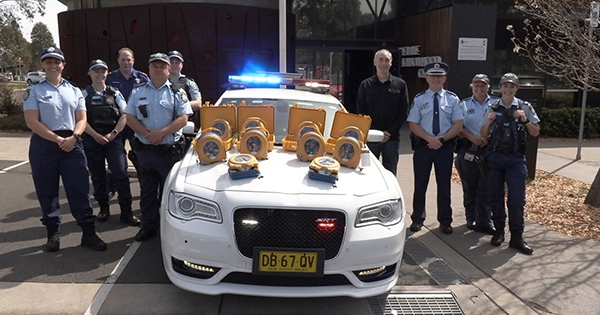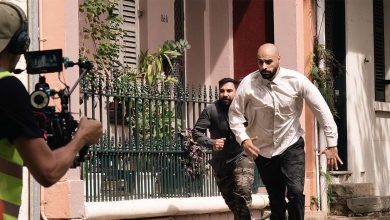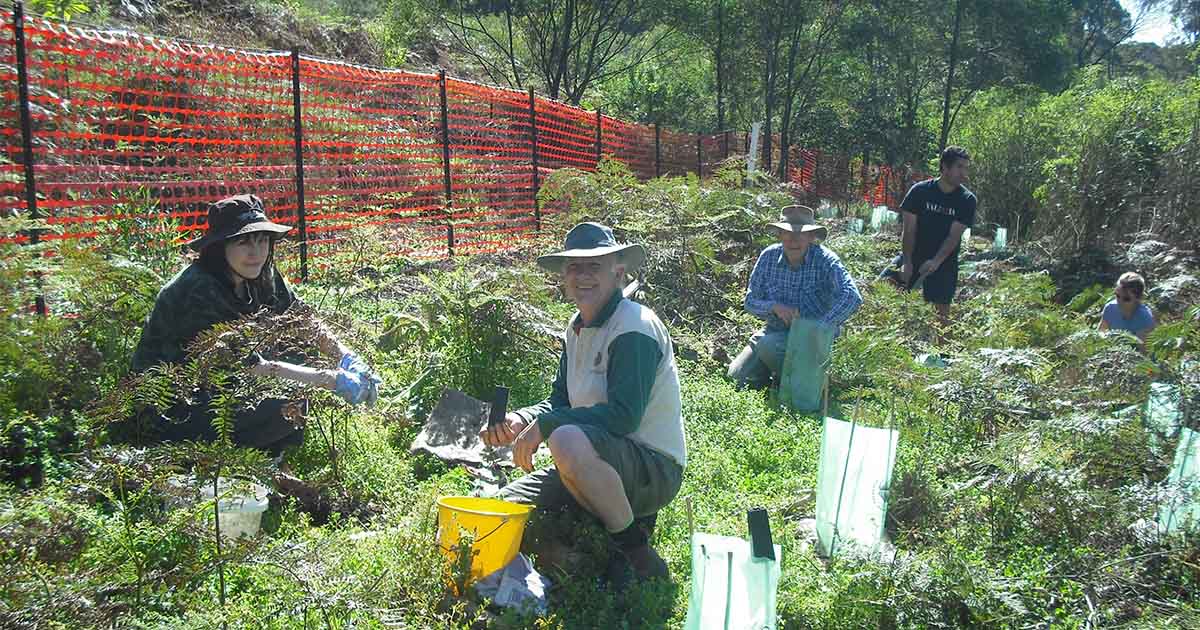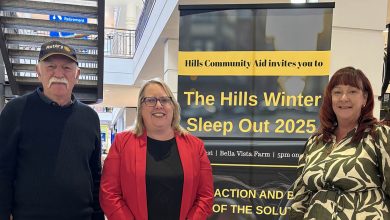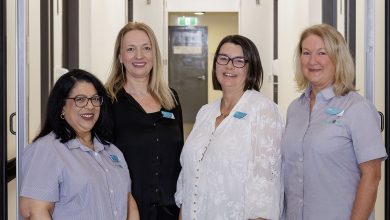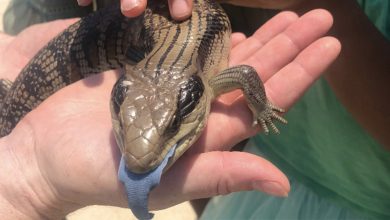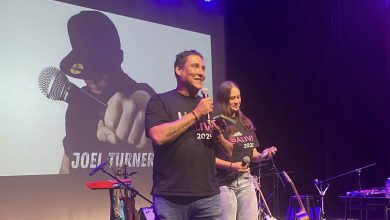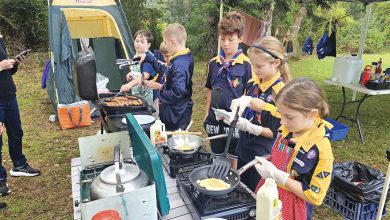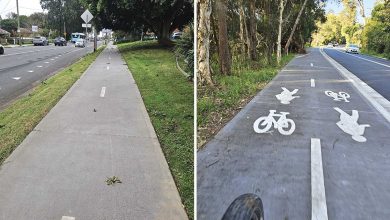Heartfelt Reunion
It was an emotional meeting when littly Lily McGowan and her parents, Sam and Lewis, were reunited with police officers and paramedics who had worked to save the two-year-old’s life. charity Heart of Nation
Sam McGowan was driving along Gilbert Road, Castle Hill, when she saw her daughter appear to have a seizure in her car seat.
She pulled over to the side of the road to find her daughter had stopped breathing, Sam called Triple Zero (000) and under the guidance of the operator she commenced CPR on the nature strip.
The emergency call came through at around 1.50pm on January 6th, fortunately there was a police car nearby and officers from The Hills Traffic and Highway Patrol Command, including former nurse Constable Nicole Ziedan, took over CPR.
After performing CPR for almost 30 minutes on the roadside, officers felt Lily breathing. She was treated by NSW Ambulance paramedics along with the critical care team from the CareFlight helicopter before she was taken to The Children’s Hospital at Westmead.
This month her parents, Sam and Lewis McGowan were able to thank police and emergency services for saving their little girl’s life.
Her mum Sam said: “It was the worst 30 minutes of my life, it was a huge relief to see The Hills police officers arrive to help.
“They worked together to keep Lily alive until the paramedics arrived. We will be forever grateful for what they did for our beautiful daughter and our family.”
The incident with Lily highlighted the need for police cars to carry Automated external defibrillators (AEDs), portable, life-saving devices designed to treat people experiencing sudden cardiac arrest.
From this month all Hills police vehicles now carry AEDs as part of a 12-month trial that could eventually see them put in all first response police cars such as general duties and highway patrol cars in NSW.
The move is great news to former yellow Wiggle Greg Page, who established the charity Heart of Nation to encourage more businesses and organisations to have AEDs available and have signage showing where they are.
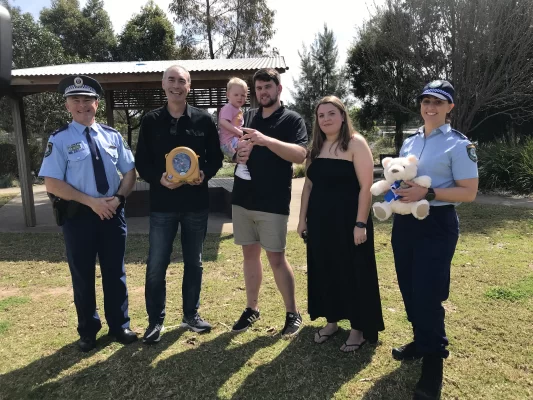
Supt. Darrin Batchelor, Hills Police Commander said: “ Police frequently find themselves having to perform CPR on members of the public. Having AEDs on the road 24 hours a day is exciting, potentially lifesaving and will enable officers to provide an additional level of first aid intervention to members of the public who suffer an out of hospital cardiac arrest. We are incredibly appreciative of the organisations and charities that understand and want more public access to AEDs in the community. “
Greg Page said it is great to see the trial of AEDs in Police vehicles going ahead.
“Our Police are often first-on-scene, and when they are responding to an incident that involves cardiac arrest, it makes sense for them to be equipped with not only the skills required (CPR) but also the tools (an AED) to get a heart beating again.”
He said it will “strengthen the Chain of Survival” for those who need it.
“This initiative is something Heart of the Nation has been trying to get happening for the past two years, as it is totally in line with the Global Resuscitation Alliance’s 10 Programs for increasing survival from cardiac arrest in the community.
NSW Ambulance Inspector Brian Parsell welcomed the trial, saying defibrillators can be the difference between life and death.
“Only 12 percent of people with cardiac arrests in NSW walk out of hospital. More lives could be saved if bystanders “call- push- shock” – call Triple Zero, start chest compressions and shock with a defibrillator,” Inspector Parsell said.
Police are sharing this message to raise awareness about the importance of first aid in the initial and critical minutes of a heart-related medical episode.”
